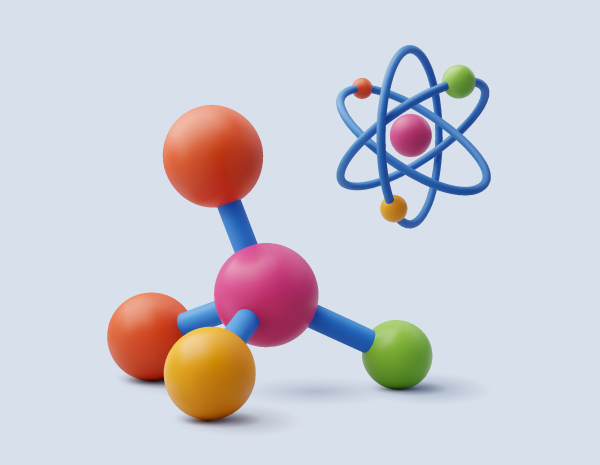- Introduction to Organic Chemistry
- Alkanes
- Alkenes
- Alcohols
- Carboxylic Acids
- Esters
- Macromolecules



Please note that the indicated academic levels refer to your level in 2024.
Introductory Course for JC Organic Chemistry |
|||
| United Square | Every Tuesday & Thursday 21, 23, 28 & 30 November |
12.30pm to 2.30pm | |
Reading Workshop Level 1
| Location | Day | Time | Dates |
|---|---|---|---|
| United Square | Wednesdays | 3.00pm to 4.30pm | 10 Jul to 2 Oct (no class on 7 Aug) |
| United Square | Fridays | 3.00pm to 4.30pm | 12 Jul to 4 Oct (no class on 9 Aug) |
| Jem | Tuesdays | 3.00pm to 4.30pm | 9 Jul to 24 Sep |
| Marine Parade Central | Wednesdays | 3.00pm to 4.30pm | 10 Jul to 25 Sep |
Reading Workshop Level 2
| Location | Day | Time | Dates |
|---|---|---|---|
| United Square | Wednesdays | 3.00pm to 4.30pm | 10 Jul to 2 Oct (no class on 7 Aug) |
| United Square | Fridays | 3.00pm to 4.30pm | 12 Jul to 4 Oct (no class on 9 Aug) |
| Jem | Wednesdays | 3.00pm to 4.30pm | 10 Jul to 25 Sep |
| Marine Parade Central | Wednesdays | 5.00pm to 6.30pm | 10 Jul to 25 Sep |
12 lessons • Fees: $839 + GST = $897.73
Classes are capped at a maximum of 8 students per class